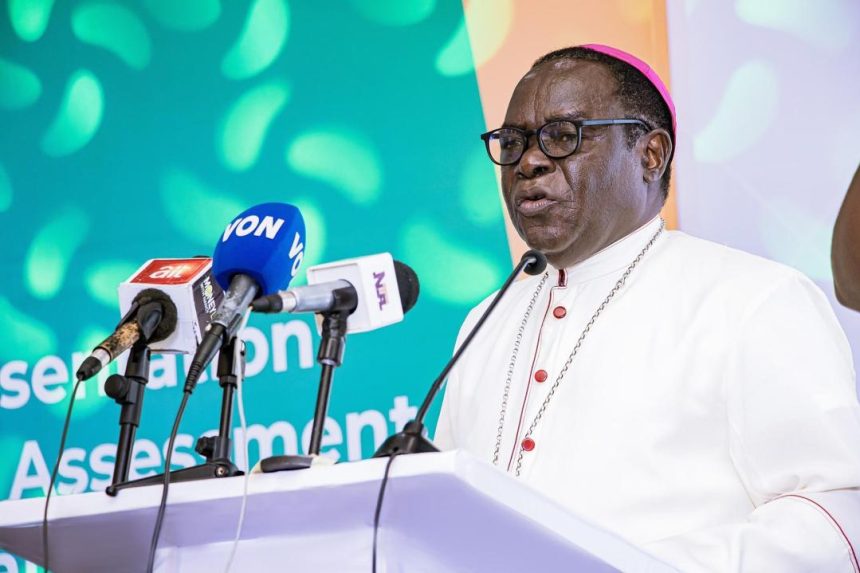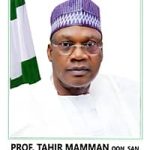The Kukah Centre (TKC) in collaboration with the European Union (EU) is working with stakeholders to validate a toolkit for effective party management in Nigeria.
A Short-Term Consultant to TKC, Mr Wilson Manji, said this at a validation workshop of the Political Party Management Toolkit (PPMT) on Tuesday in Abuja.
Manji, a Governance and Elections Administration Expert, said that the toolkit was critical to the advancement of political parties in the country.
While presenting an introduction to the document, Manji said that the framework would help political parties to define and stand for their ideology as well making them to be more effective.
“When it comes to managing a political party, having a well-defined framework can help in streamlining operations, improve efficiency, and ensure effective decision-making mechanism.
“While it is envisaged that every political party have established her unique needs and structures, this general framework has been designed to serve as a guide for enhancing the operations of exiting political parties.
“The framework is also expected to serve as resource management toolkit in establishing new entities,’’ he said.
He said that the document supported by the European Union support to Democratic Governance in Nigeria (EU-SDGN) Component III: Support to Political Parties, would also enhance the country’s electoral system.
The Executive Director TKC, Rev. Fr. Attah Barkindo, said that the framework would serve as a barest irreducible standard for setting up and effectively managing political parties and associations.
Barkindo said that the framework, when finalise could be adopted by each of the political parties to suit their needs.
In her contributions, a representative of the Independent National Electoral Commission (INEC) at the workshop, Mrs Nkechi Abuh, advised political parties to look inward in proffering solutions to some of the challenges facing them.
Abuh identified lack of transparency from the stage of formation and transition from political associations to political parties and one of the major challenges facing political parties in the country.
She said that if parties were sincere to their constitutions and ideologies, some of their challenges could be drastically addressed.
The TKC Project Coordinator, Esrom Ajayan, said that the discussion at the workshop would centre on issues that would strengthen political parties in the country.
The issues according to Ajayan include party membership, accountability and transparency within the political party system and expectations from party leaders.
The National Organising Secretary of Inter-party Advisory Council, Mr Wale Martins, on his part said until the issue of poverty and high illiteracy level among citizens among addressed, the radical change expected of political parties may not be achieved.
Martins said it was not that political parties did not have ideology, but irrespective of those ideologies many voters on Election Day sell their votes due to poverty and illiteracy.
He also stressed the need for more transparency in the electoral processes and the effective implementation of existing laws, especially the section of the Constitution that states that any elected officer that defected from his party should loss his position.
He also called for the scrapping of State Independent Electoral Commission and the empowerment of INEC to conduct local government elections.
IPAC State Chairman, Benue, Mr Ibrahim Idoko, also suggested political parties to look inward and create more revenue for the effective running of their operations.
IPAC Chairman, Imo State Chapter, Mr levi Ekeh, advocated some level of financial support by federal and state government to political parties.
Ekeh said one the problems of political parties in Nigeria was the issue of winner takes it all, hence parties tried to outsmart themselves during elections including the use of violence. (NAN)











